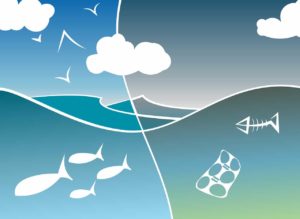ESL Level: Upper-Intermediate
Lesson Topic: The marketing success of bottled water
Skill Focus: Reading, Vocabulary, Speaking
Lesson Plan Download: marketing-bottled-water-upperintermediate-30032017.docx
Approximate Class Time: Two hours

Health & Diet ESL Lesson Plan: Warm-Up
- What are some products you buy for health reasons?
- Would you feel embarrassed to be seen in public with a McDonald's bag?
- When you hear the phrase The Marketing Trick of the Century, what products do you think of?
- What's your opinion of tap water?
Reading: The Marketing Trick of the Century
Membership is required to view this post. Please support EnglishCurrent by becoming a member today. Members, please log-in.
Bottled Water (ESL) Lesson Plan copyright Matthew Barton of Englishcurrent.com

Please chk this mistake out:
What are some products you by for health reasons?
by ———-> buy
Thanks! Got it.
I will buy you a drink in the unlikely eventuality that I ever meet you! Thanks again!